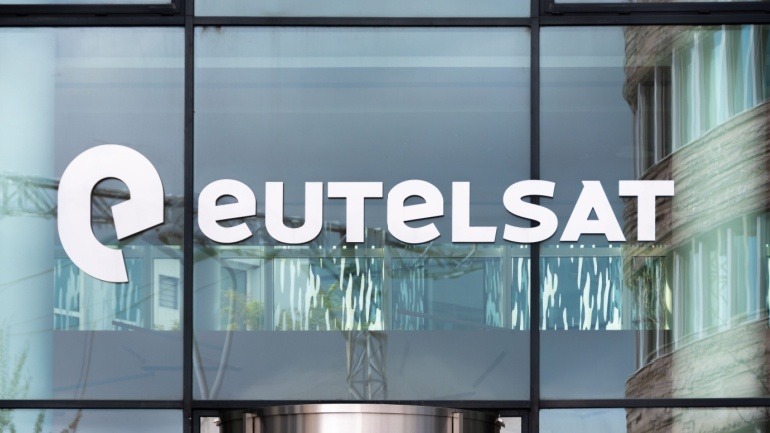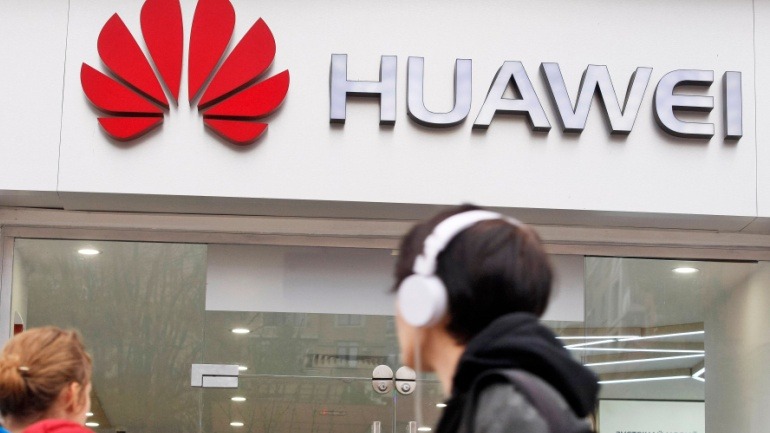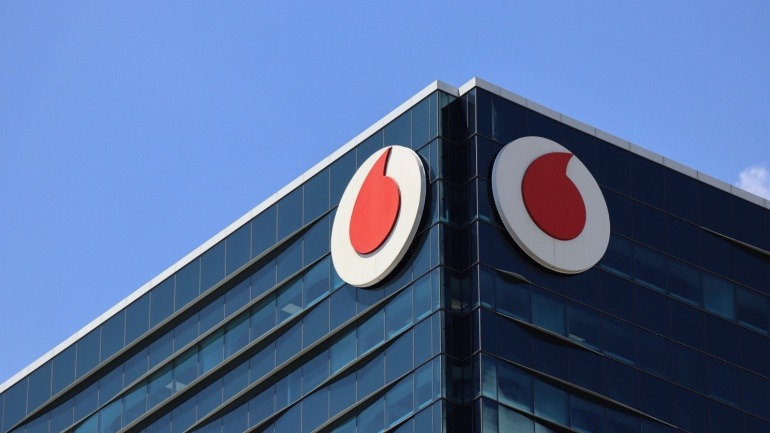Mitel’s hybrid VoIP strategy offers an innovative approach to modernizing business communications. By integrating AI and cloud solutions with existing systems, companies can enhance their operations without a full system overhaul. This flexible model lets businesses maintain stability while exploring new VoIP capabilities tailored to specific industry needs.
As the IoT landscape evolves, CSPs face the dual challenge of ensuring robust VoIP connectivity across borders while navigating stringent regional data privacy laws. Compliance with regulations like GDPR and India’s DPDP Act is critical to avoid penalties. Local breakout services offer CSPs a strategic advantage, enhancing VoIP performance and compliance. Kaleido Intelligence’s report emphasizes the need for IoT service providers to prioritize compliant, locally-tailored connectivity solutions. This strategic approach not only meets legal standards but also positions providers as market leaders, underscoring the importance of compliance-driven growth in the rapidly advancing IoT arena.
Leadership changes at prominent telecom companies like Eutelsat and Vantage Towers signal significant shifts within the industry, highlighting potential challenges for management stability. Amidst this reshuffling, the UK’s alternative network sector is also seeing dynamic modifications, such as executives departing companies like MS3 Networks. These transitions can impact the industry’s strategic execution, necessitating effective communication and focus on VoIP technology adaptation. As these businesses navigate evolving market conditions, leveraging new perspectives becomes crucial to maintaining momentum and achieving growth in telecom and VoIP landscapes.
In the ever-evolving tech cold war, the European Union carefully navigates Huawei’s controversial presence by utilizing a strategic ‘toolbox’ of recommended security measures. As the EU weighs a potential ban, VoIP technologies could see significant shifts depending on alliance formations and geopolitical pressures, significantly impacting global telecommunications infrastructure.
Discover the future of telecom with exciting trends set to reshape the VoIP landscape by 2026. From AI-driven automation enhancing customer interactions to the integration of MVNOs and Travel eSIMs boosting global connectivity, these innovations promise to revolutionize the industry. Operators, vendors, and investors must embrace these transformative forces for growth.
In the evolving landscape of hybrid work environments, VoIP technology is critical for seamless communication. As businesses integrate VoIP solutions with Microsoft Teams, Slack, and Asana, the challenge remains optimizing these tools to truly enhance productivity. Leveraging workforce intelligence, companies can analyze communication and task data to ensure effective collaboration, ultimately transforming hybrid work dynamics for success.
Discover how Vodacom’s CEO, Shameel Joosub, is steering the company towards growth by leveraging VoIP innovation and strategic M&A. Emphasizing partnerships in fiber infrastructure and data centers, these efforts promise to enhance regional connectivity. Explore the potential impact of Vodacom’s strategic moves in the rapidly evolving telecommunications industry.
Cisco’s revolutionary 360 Partner Program is set to transform the telecommunications landscape in January 2026. With a focus on AI and edge technology, this initiative emphasizes collaborative co-design with partners for customer-centric goals like campus network updates and AI integration. From cross-sell bonuses to the Partner Incentive Estimator, the program is designed for VoIP partners aiming to maximize profitability. Leveraging Cisco’s evolving ecosystem, managed service providers will benefit from secure AI certifications and enhanced enablement resources, paving the way for lucrative, recurring service relationships in the VoIP industry.
The UK telecom industry is launching a Telecommunications Fraud Charter to combat scam calls effectively. Key players like BT, Virgin Media O2, and Vodafone are collaborating to protect consumers using advanced call tracing technology. This initiative aims to deter fraudsters while boosting public awareness and support for victims of VoIP scams.
Telefonica’s transformative strategy “Transform & Grow” emphasizes modernization, AI innovation, and customer experience enhancement across key markets. Aimed at becoming a leading European operator, the plan includes boosting efficiency and expanding in consumer and business sectors, with an eye on connectivity improvements and financial growth through optimized VoIP services integration.













